Publications
Articles, publications, books, tools and multimedia features from the U.S. Institute of Peace provide the latest news, analysis, research findings, practitioner guides and reports, all related to the conflict zones and issues that are at the center of the Institute’s work to prevent and reduce violent conflict.

Sameer Lalwani on the Future of U.S.-India Relations
The United States and India have a common cause in their tensions with China, as well as a “natural partnership” on technology investments, says USIP’s Sameer Lalwani. But India remains noncommittal when it comes to Russia’s war on Ukraine: “They’ve concluded that they need Russia to stick around.”

Thomas Hill on the U.N. Mission in Libya
Twelve years since the fall of Qaddafi, the United Nations' Libya mission carries the same mandate as it did in 2011. With the country still experiencing various degrees of conflict and upheaval, it’s time to “re-envision what we want the U.N. to do” in Libya and create a “mandate [that] will reflect that,” says USIP’s Thomas Hill.
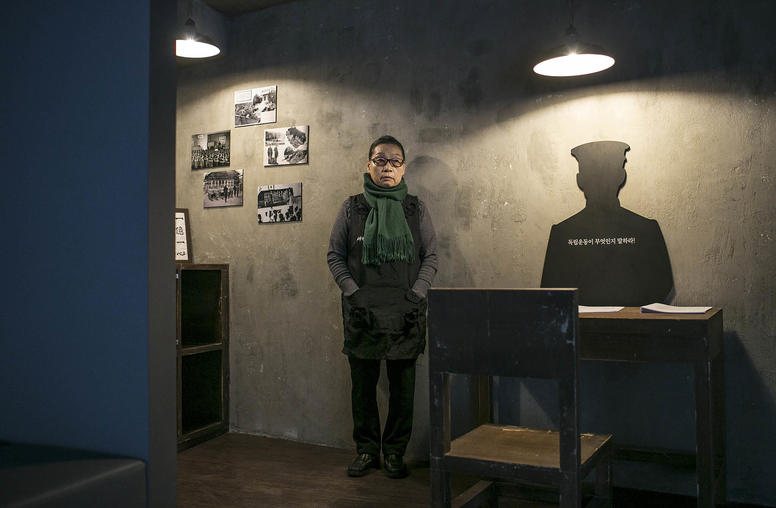
Beyond the Courts: History-Related Lawsuits and South Korea-Japan Relations
While the relationship between South Korea and Japan is fraught with a number of historical and territorial disputes, the current cycle of tensions focuses our attention on lawsuits related to the colonial era. Most notably, bilateral ties soured after 2018, when two landmark rulings from the South Korean Supreme Court ordered Japanese firms to compensate Korean plaintiffs for their wartime forced labor.
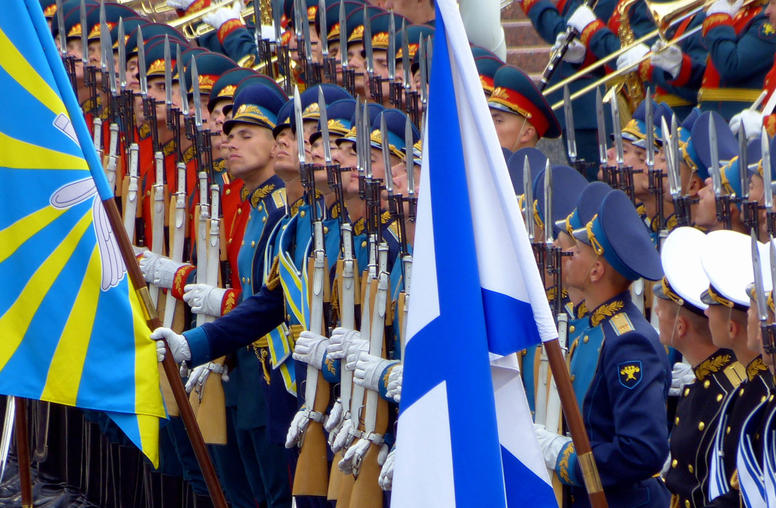
Ukraine: A Real Peace Will Require Change from Russia
The United States and its allies are seeking ways to promote a sustainable peace in Europe — one that ends Russia’s brutal assault on Ukraine and strengthens a global prohibition on such wars of aggrandizement. Tragically but realistically, Russia, like most historic imperial powers, will need to be defeated militarily before it abandons war as a means to dominate its neighbors. Any negotiated peace before such a defeat will simply let Russia rebuild its forces and renew its assault. Yet even as the West should maintain full support for Ukraine’s defense, such as the tanks much discussed this month, it should encourage negotiation toward specific goals.

Event Extra: Afghanistan’s Media Landscape Amid Taliban Rule
Ayesha Tanzeem, the director of Voice of America’s South and Central Asia Division, explains how Afghanistan’s media landscape has changed in the last year and a half, how media organizations are fighting back and what the international community can do to help protect media freedom in Afghanistan.
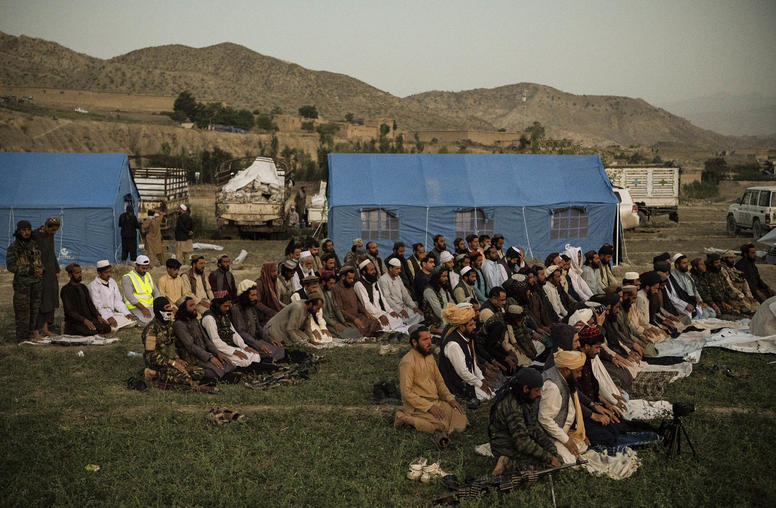
Wrestling with a Humanitarian Dilemma in Afghanistan
Recent decrees by the Taliban barring Afghan women from attending university or working in NGOs are severely damaging the country both socially and economically, especially coming atop a ban on girls’ secondary education last year. The marginalization of half the population also highlights the “humanitarian dilemma” that aid donors and international agencies face: Afghanistan is highly dependent on humanitarian assistance, not only for saving lives and easing deprivation but also to stabilize its economy. The quandary for international donors is what to do when alleviating suffering benefits the Afghan economy and thereby the Taliban regime, even when that regime is harming its own people?
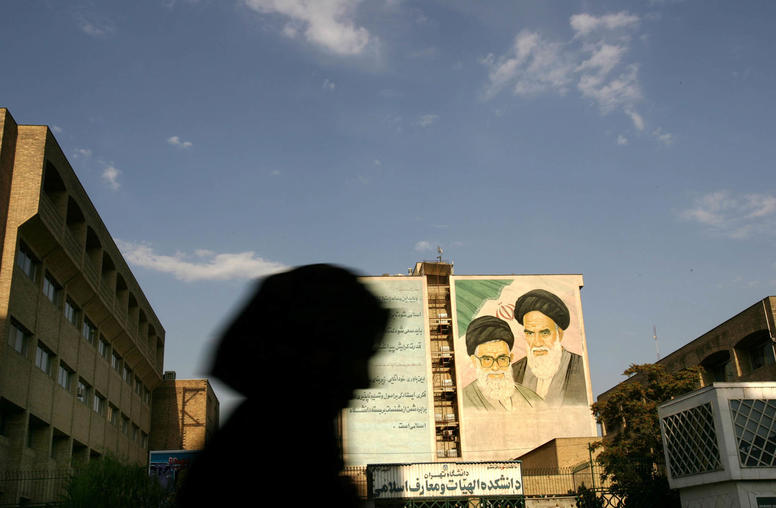
Whither Iran on the Revolution’s Anniversary?
Iran marks the anniversary of the Islamic revolution in February amid increasingly existential challenges at home and in relations with the outside world. Four months of nationwide protests — triggered by the death of 22-year-old Mahsa Amini in September 2022 — reflected deepening discontent among Iran’s Gen Z. Young women on streets and at schools abandoned the headscarves required by law, as shouts of “woman, life, freedom” and “death to the dictator” echoed across campus grounds. The protests were a brazen rejection of Supreme Leader Ayatollah Ali Khamenei and, more broadly, the theocracy’s basic belief that god’s law supersedes human laws. The scope of fury was reflected on October 8, when female students at Al Zahra University in Tehran shouted “Clerics, get lost” during a visit by President Ebrahim Raisi.
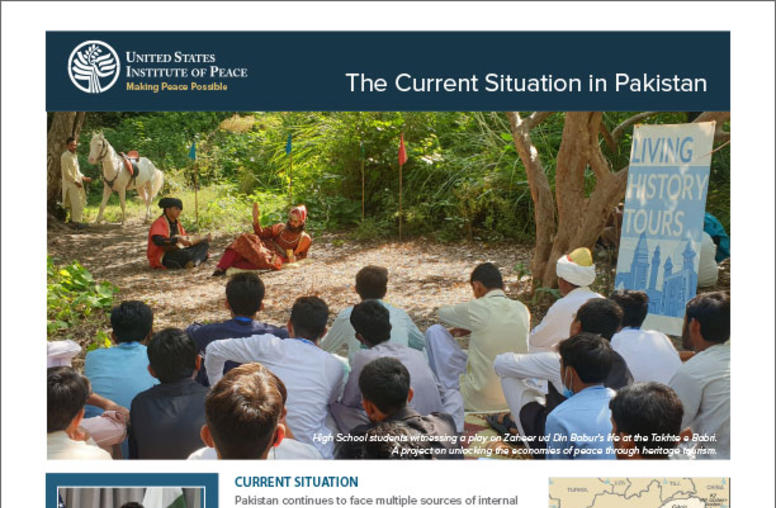
The Current Situation in Pakistan
Pakistan continues to face multiple sources of internal and external conflict. Extremism and intolerance of diversity and dissent have grown, fuelled by a narrow vision of Pakistan’s national identity, and are threatening the country’s prospects for social cohesion and stability.
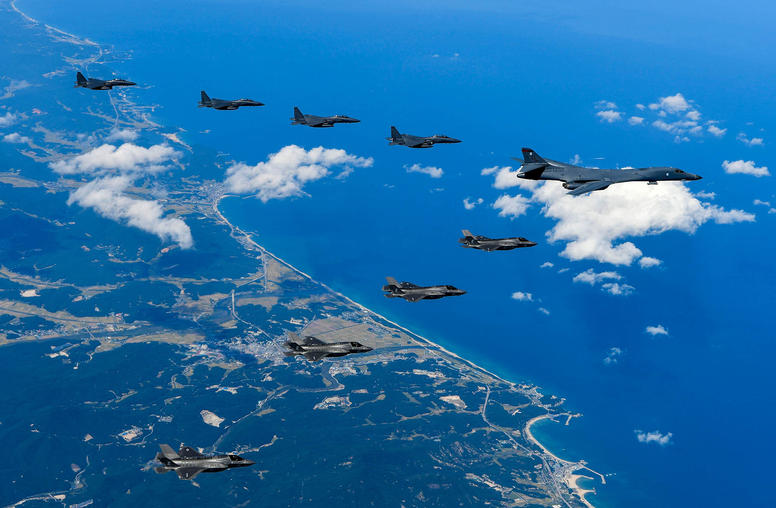
North Korean Arms Control Doesn’t Have to Conflict with Disarmament
There is a tension between limiting North Korea’s nuclear weapons program and pursuing the goal of a denuclearized Korean peninsula. To emphasize the former — through arms control and risk-reduction measures — can seem at times like a repudiation of the latter. Conversely, a focus on disarmament — still the core of U.S. policy — can seem outright fanciful given North Korea’s stunning technological advances. In North Korea, the United States faces a nuclear-armed state whose capabilities continue to expand despite international opposition and extensive economic sanctions. Disarmament simply isn’t in the cards right now.

Honduras Makes Progress in Tamping Violence — But at What Cost?
“Historic reduction in the homicide rate,” the Honduran government tweeted in a thread celebrating security achievements during President Xiomara Castro’s first year in office. The country’s official rate of 36 murders per 100,000 people in 2022 (down six points from 2021) still places Honduras among Latin America’s — and the world’s — most violent countries. But it represents clear progress since the early 2010s, when the impoverished Central American country seemed caught in a spiral of violence linked to street gangs and drug traffickers, with rates topping 85 murders per 100,000.